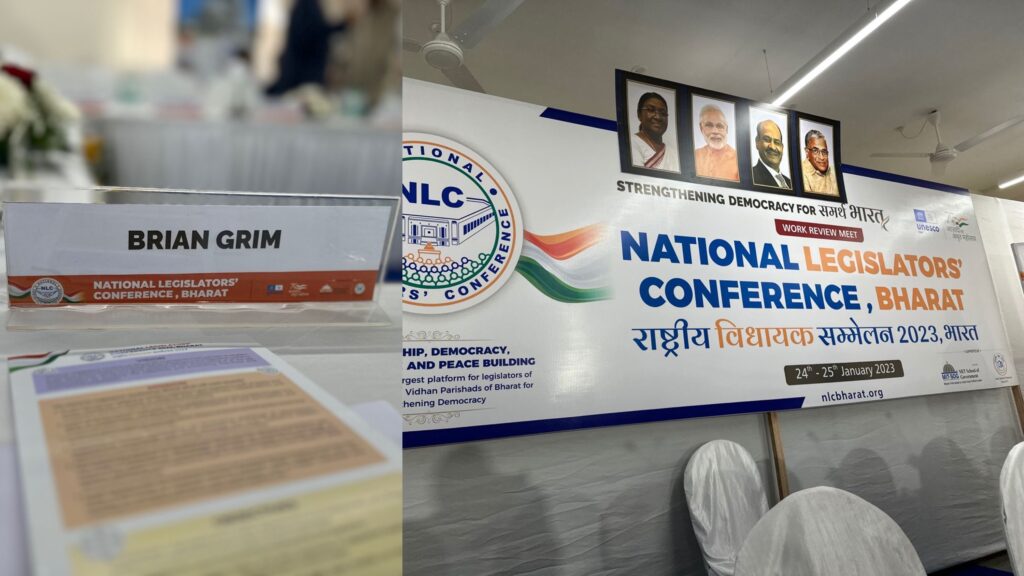India’s G20 presidency coincides with civil society push forward
The message is impossible to miss. Every airport, every thoroughfare, and even underpasses are covered with signs celebrating that India, “The Mother of Democracy,” is hosting this year’s G20.
With the theme, “One Earth – One Family – One Future,” Prime Minister Narendra Modi envisions India taking a/the lead in the 21st century. Or as one of the many the billboards puts it, “Big Responsibility, Bigger Ambitions: India’s G20 Presidency to accelerate new ideas & collective action.”
From what I’m seeing, these slogans are stimulating concrete actions by civil society. For example, I’m in India this week to prepare for the global edition of our annual Dare to Overcome event. Since 2014 we planned to move it to China after holding it in Brazil, Korea and Japan in tandem with the Paralympic Games, but, for both push and pull factors, we have shifted to India.
On the push side, China closed their doors for three years. On the pull side, India is indeed the world’s largest democracy, whether or not you agree with the argument that it’s the mother of democracy. Democratic market and political factors push doors open, unlike authoritarian governments that can close them by fiat.
While here, I have had the wonderful opportunity to participate in two initiatives demonstrating India’s push forward coming from civil society.
The first was a summit of some 75 mostly private university presidents and vice chancellors convened by the Maharashtra Institute of Technology (MIT) World Peace University in Pune.
Together with the president of Vermont University, Suresh V. Garimella, they launched a consortium with the aim of transforming higher education in India in partnership with American universities. The group gathered under the university’s “Peace Dome” to hear the Rev. Prof. Dr. Vishwanath D. Karad, the founder of MIT-WPU, share how the ultimate aim of the endeavor is peace through the unification of science and spirituality. While top government officials were involved, including the governor of Maharashtra, this is a civil society-led initiative.
The second was having the honor of participating and giving input during the advanced planning meeting for the first-ever National Legislators’ Conference, where leaders from each Indian State legislature will come together this June to discuss Leadership, Democracy, Governance and Peace-building in India and the world.
Again, while Prime Minister Modi is slated to open the conference, it is entirely civil society led initiative, also by MIT-WPU. More than 4,000 are expected to participate, including invited foreign observers.
While some may be skeptical that the weight of the 21st century will shift from China to India, I’m expecting it to be so, especially because the great achilles heel of China (the lack of a robust civil society sector) is one of India’s strengths. The powerful civil society of India was mightily on display in the events I participated in this week.
Of course, tomorrow being India’s 74th Republic Day, it’s a story in the making, so the ending requires all that civil society can muster to make it one characterized by “justice, freedom, equality and fraternity.”



